Biosensing
Biorecognition involves specific interactions between biological molecules like receptors and ligands, playing a crucial role in biological systems. It’s essential for processes such as enzyme activity, immune responses, and cellular communication. This mechanism is pivotal in medical and biotechnological applications, particularly in disease detection and targeted drug delivery. Its high specificity and sensitivity are instrumental in advancing drug development, diagnostics, and personalized medicine. Biorecognition’s understanding and application are key to creating more effective treatments, highlighting its significance in healthcare and research.
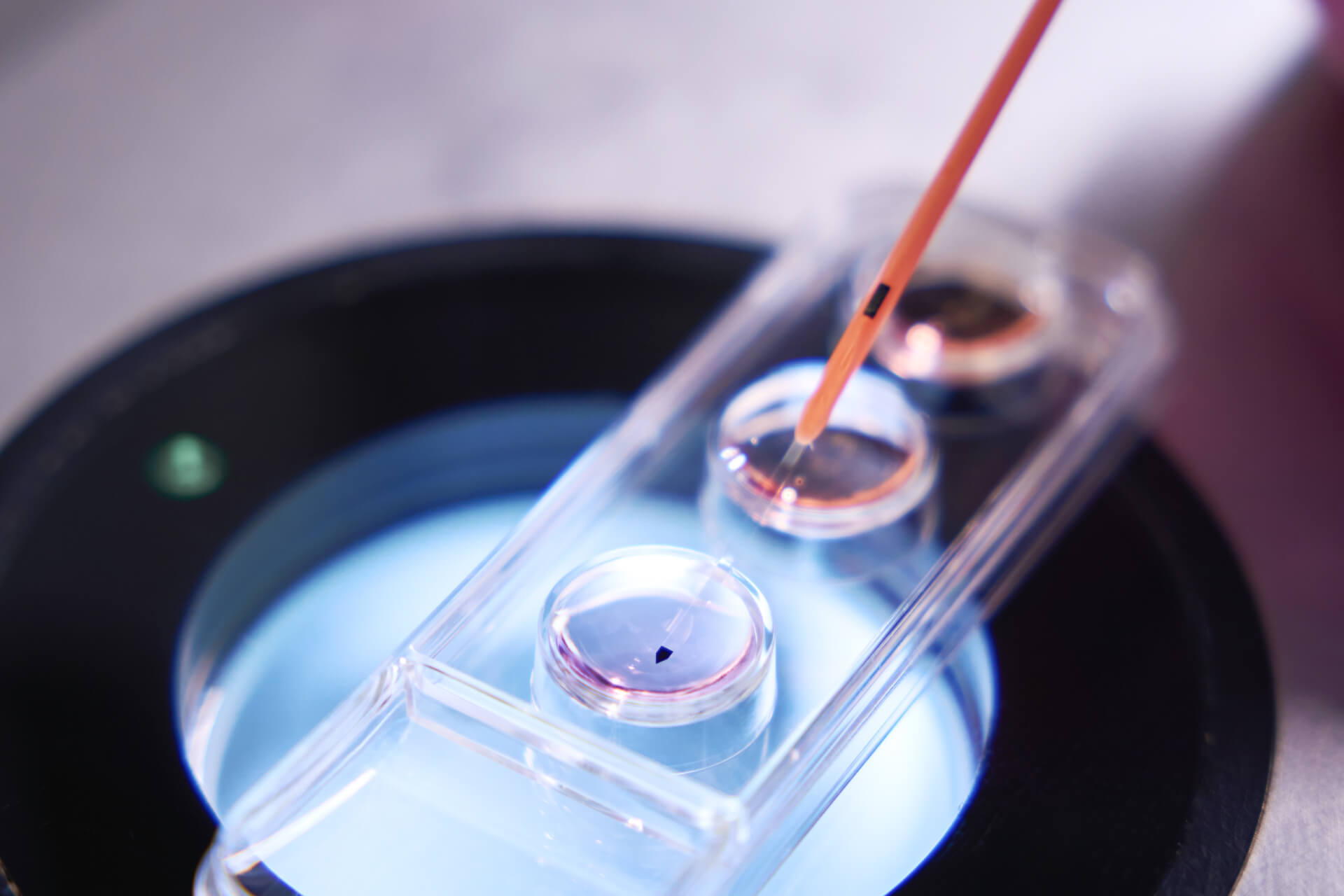
Biocaptors
By modifying sensor surfaces using bifunctional molecules, the sensitivity and specificity of biosensors can be significantly improved. This surface modification enhances biorecognition, making these biosensors more effective for applications in medical diagnostics, environmental monitoring, and food safety.
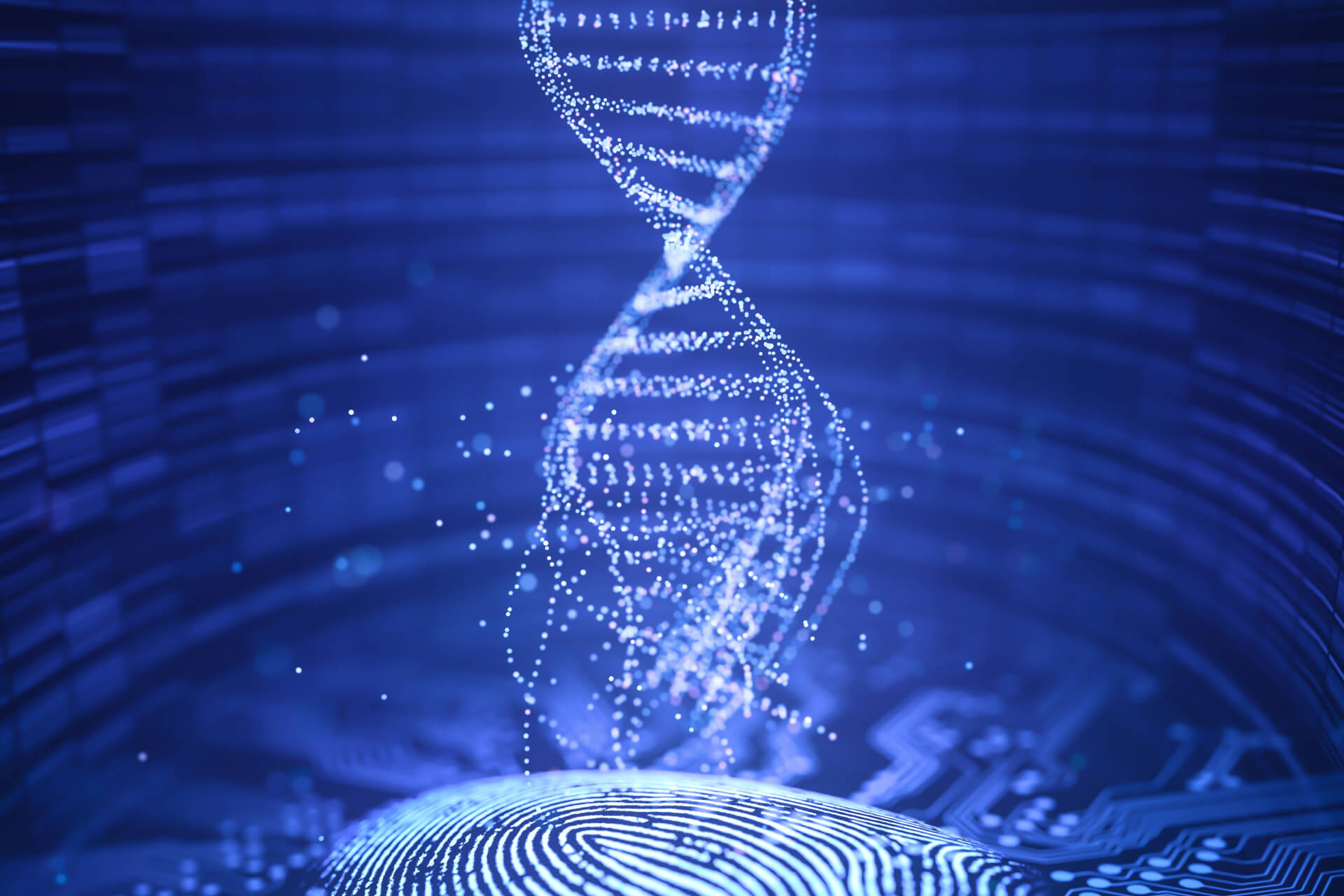
Advanced In Vitro Diagnostic Devices
Leveraging surface modification techniques can create in vitro diagnostic devices with higher efficacy. These devices benefit from improved interaction between the test surface and target molecules, leading to more accurate detection of disease biomarkers.
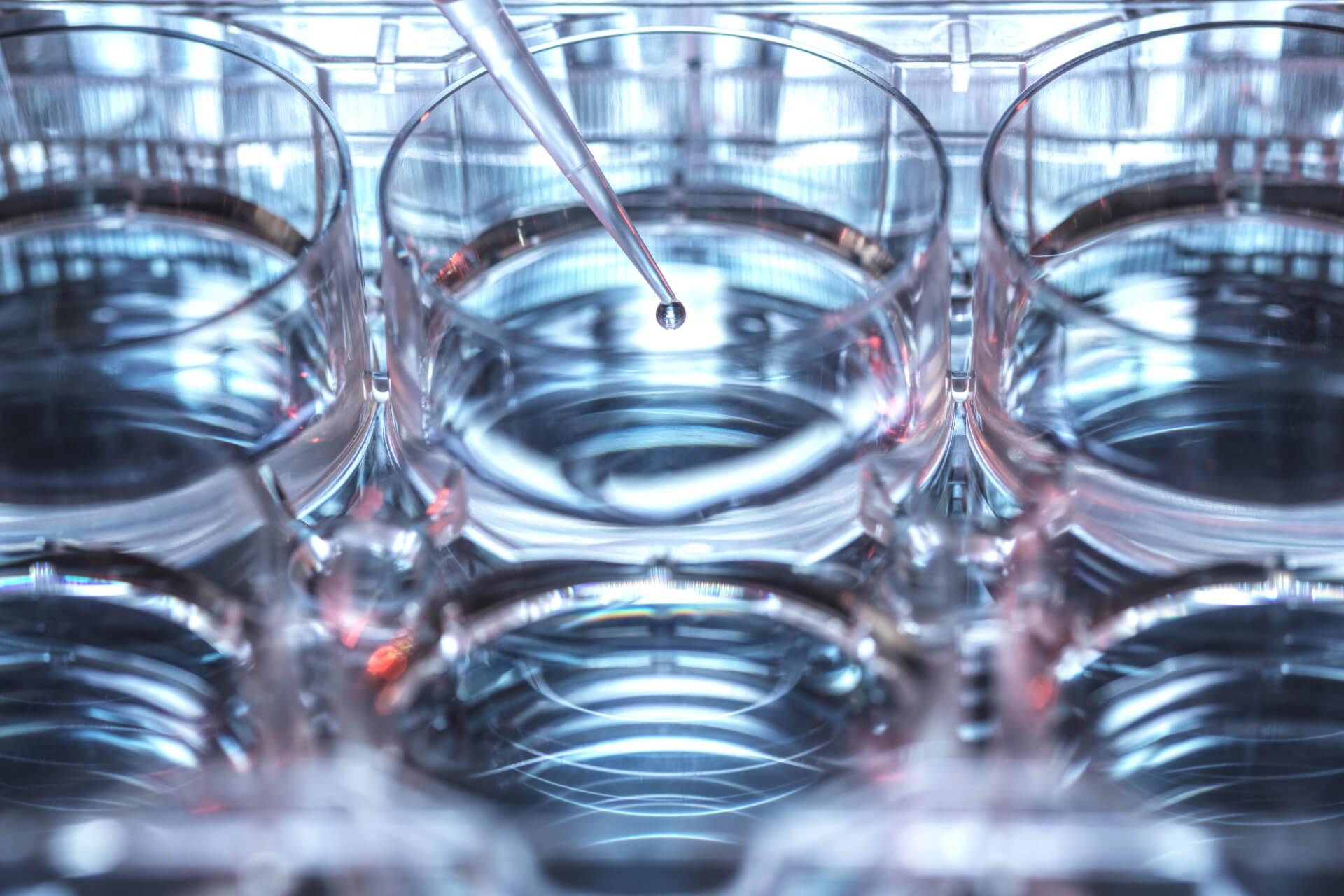
Targeted Drug Delivery Systems
Expertise in surface modification is crucial in developing drug delivery systems that use biorecognition to target specific cells or tissues. This approach can significantly improve the delivery of therapeutics, particularly in cancer treatment.

Innovative Therapeutic Agents
Modifying the surfaces of therapeutic agents, such as monoclonal antibodies, enhances their ability to recognize and bind to specific proteins, increasing treatment effectiveness for diseases like cancer.
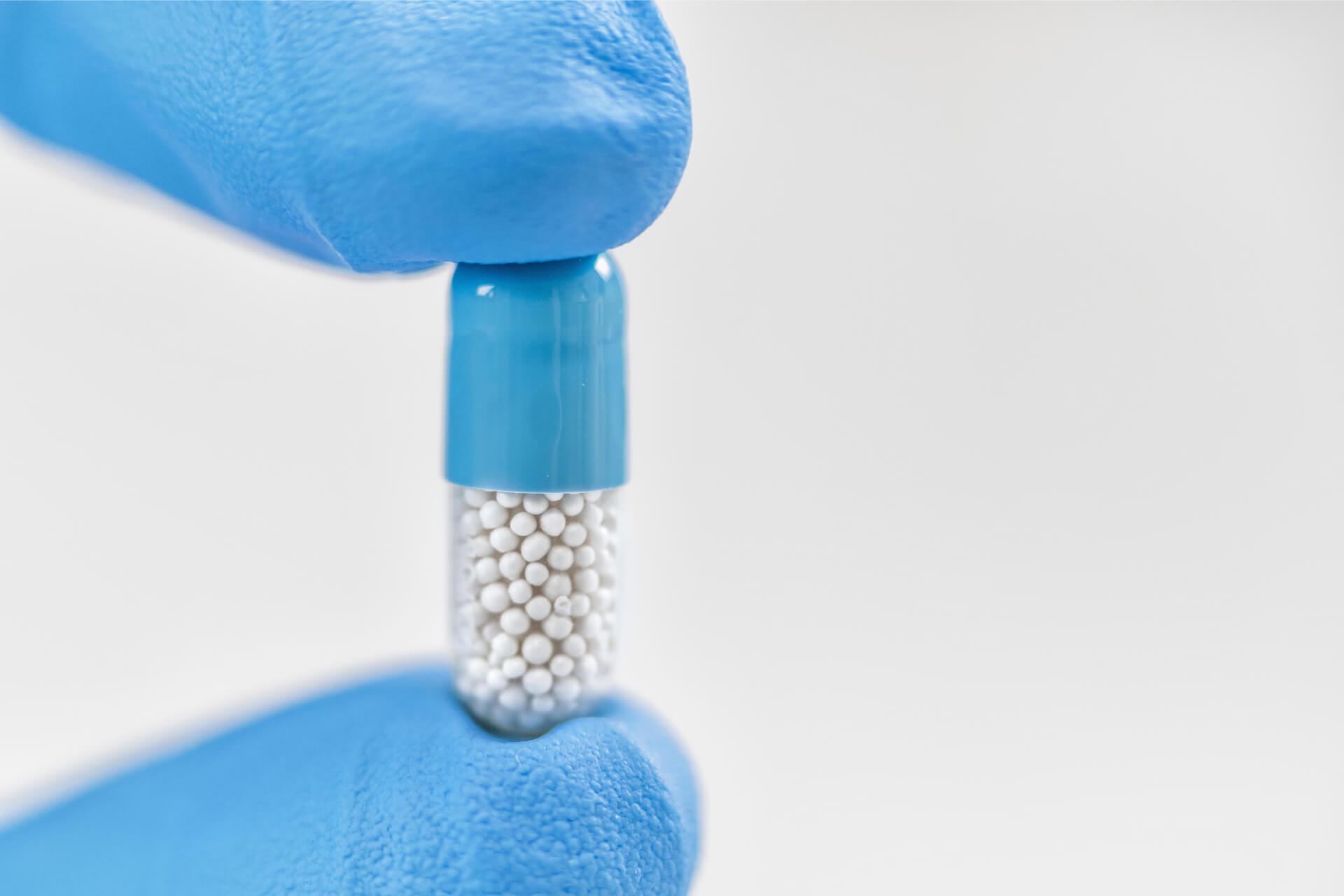
Molecular Diagnostics Enhancement
Applying chemical treatment methods to molecular diagnostic techniques like PCR and ELISA can improve the biorecognition of specific DNA sequences or proteins, leading to more accurate diagnostics.
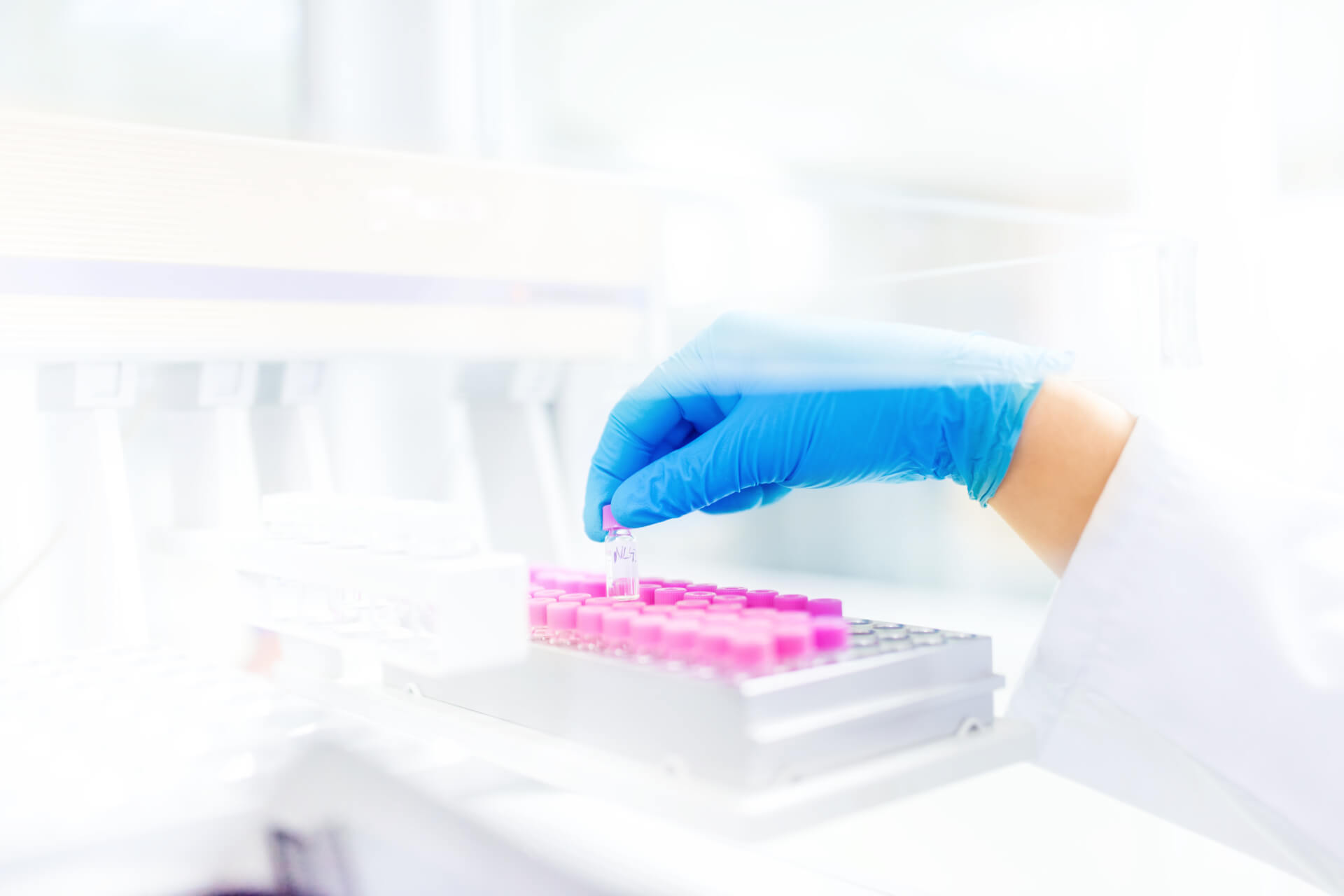
Linked Markets
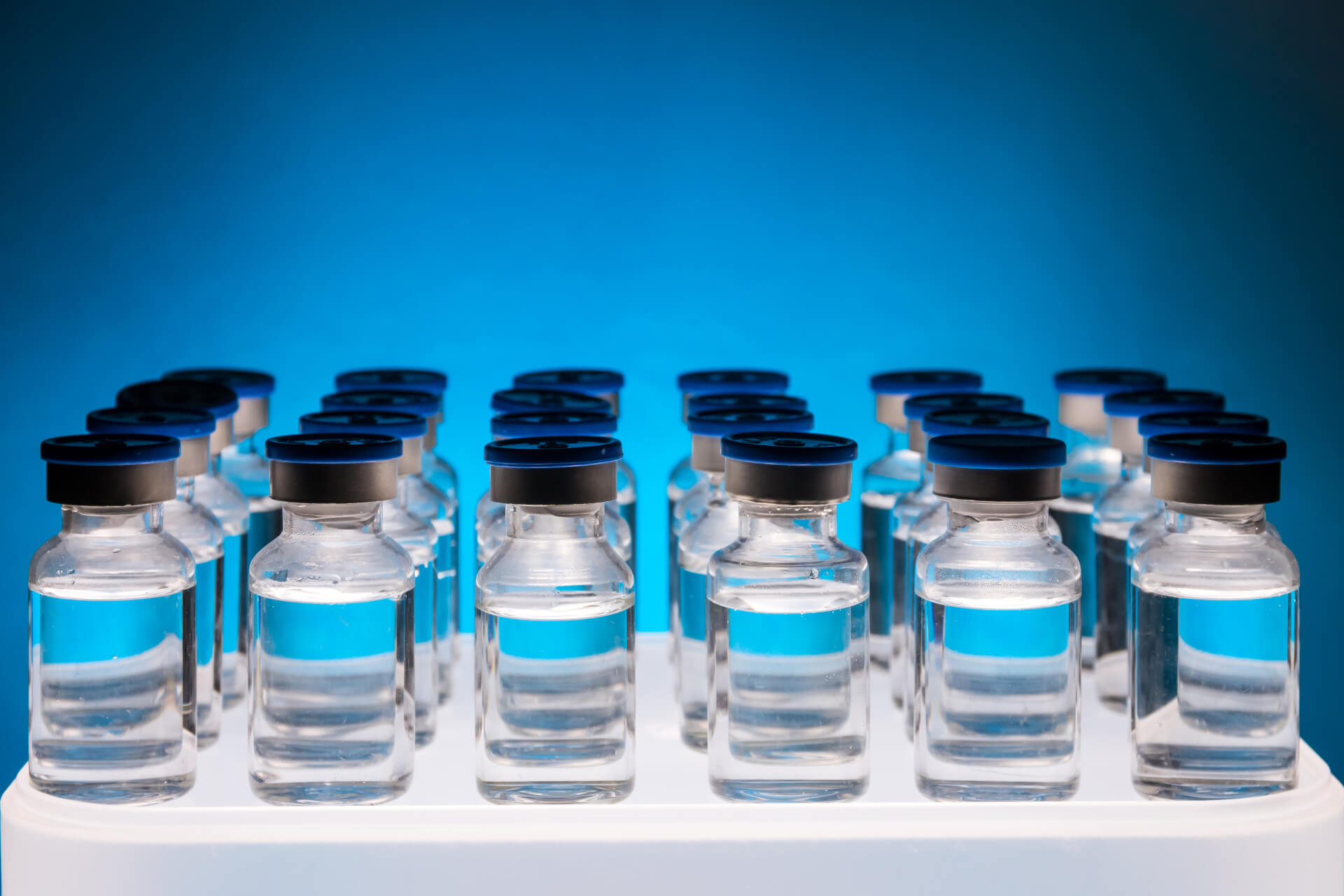
Life Sciences
Chemical surface modification is widely used in the life sciences industry to develop advanced biomaterials, drug delivery systems, and diagnostic tools.
Learn more
MOFs
Metal–organic frameworks (MOFs) are a class of porous hybrid materials composed of metal clusturs interconnected by organic linkers.
Learn more